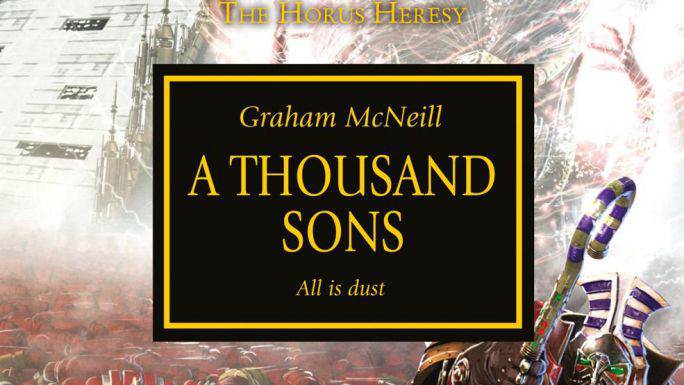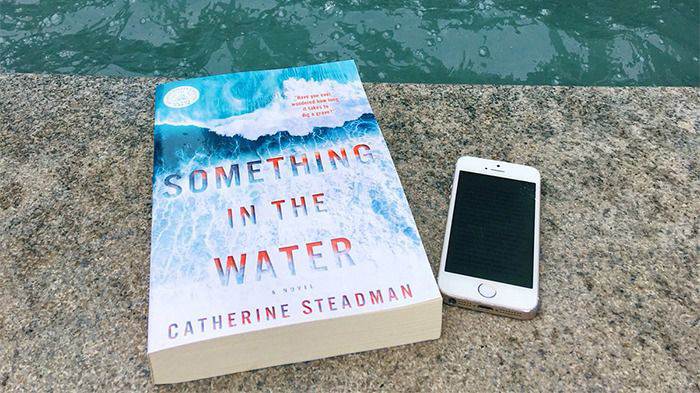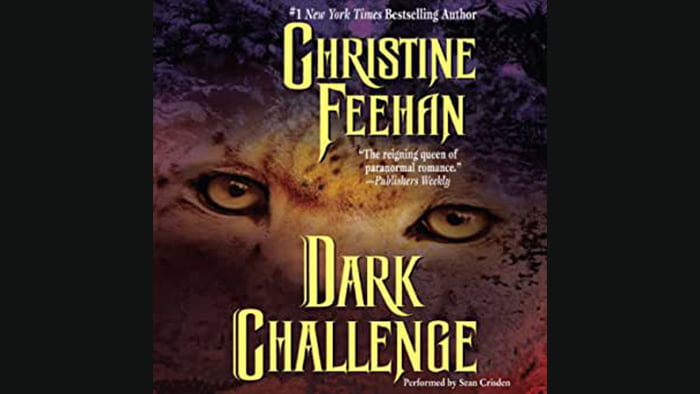Jack Carr’s latest thriller, “In the Blood,” promises to be a pulse-pounding, high-stakes adventure that blends cutting-edge technology, geopolitical intrigue, and the raw, visceral action that fans have come to expect from this #1 New York Times bestselling author. The summary alone is a master class in thriller writing, setting up a complex, multi-layered plot that feels both urgent and unnervingly plausible in our current political and technological landscape.
The story revolves around three seemingly disparate events – a rogue Chinese submarine, a rising tech mogul with mysterious allegiances, and a politician under foreign influence – that are on a collision course to ignite a global power grab. This setup immediately raises the stakes to a fever pitch, suggesting a conspiracy that threatens not just individual lives, but the very fate of the United States and the world at large.
Carr’s decision to ground these high-stakes events in cutting-edge technology is a savvy one, tapping into the anxieties and uncertainties of our rapidly evolving digital age. The mention of quantum computing and artificial intelligence adds an element of sci-fi intrigue to the plot, while also raising unsettling questions about the potential dangers of unchecked technological advancement.
At the center of this maelstrom is James Reece, a former Navy SEAL sniper who has left his violent past behind – or so he thinks. Reece is a classic thriller protagonist, a skilled warrior haunted by his own demons, and Carr’s summary suggests that “In the Blood” will put him through his most grueling ordeal yet.
The revelation that Reece’s only connection to the outside world is a quantum computer known as “Alice” is a tantalizing twist, hinting at a relationship that is both unorthodox and potentially volatile. The idea of a sentient computer that has become a weapon is a chilling one, and the summary teases the possibility that Alice could be either the country’s greatest savior or its worst enemy.
This ambiguity is a hallmark of great thriller writing, keeping readers guessing about the true nature of the threat and the motives of the characters. Carr’s promise that there will be blood is a blunt but effective way of signaling the high stakes and brutal violence that readers can expect from the story.
But what sets “In the Blood” apart from other thrillers is the suggestion that it will delve into deeper emotional and psychological territory than most. The mention of Carr pressing “emotional buttons that other writers wouldn’t dare explore” is intriguing, hinting at a story that will not only thrill readers with its action and suspense but also challenge them to confront uncomfortable truths about the human condition.
This is a bold claim, and it sets a high bar for Carr to clear in the actual novel. Can he deliver on the promise of a story that is not only pulse-poundingly thrilling but also emotionally and thematically rich? Will the character of James Reece be developed beyond the standard action hero archetype, revealing new depths and complexities? And will the technological and geopolitical elements of the plot feel authentic and well-researched, or will they strain credibility?
These are all open questions, but based on Carr’s track record and the tantalizing hints dropped in the summary, there’s reason to be optimistic. Carr has established himself as a master of the modern thriller, with a knack for crafting intricate plots, compelling characters, and heart-stopping action sequences. If anyone can pull off a story as ambitious and multifaceted as “In the Blood” appears to be, it’s him.
Of course, the success of the novel will depend on more than just the high-level concepts and plot points teased in the summary. Carr will need to execute on the nitty-gritty details of pacing, characterization, and prose style, immersing readers in Reece’s world and making them feel the weight of every decision and every bullet fired.
He’ll also need to navigate the challenges of balancing multiple plotlines and points of view, ensuring that each element of the story feels essential and interconnected rather than extraneous or disconnected. With so many balls in the air – the submarine, the tech mogul, the politician, Alice – there’s a risk of the narrative becoming convoluted or unwieldy.
But if Carr can keep all these elements in harmony, weaving them together into a cohesive and propulsive story, the payoff could be spectacular. “In the Blood” has the potential to be more than just another blockbuster thriller – it could be a defining work of the genre, a novel that pushes the boundaries of what a thriller can be and says something profound about the world we live in.
In a genre that often prioritizes escapism and entertainment over deep thinking and emotional resonance, that’s an exciting prospect. If Carr can deliver on the promise of this summary, “In the Blood” could be a book that not only gets readers’ hearts racing but also gets them reflecting on the complexities of power, technology, and the human condition.
It’s a tall order, but if anyone is up to the task, it’s Jack Carr. With his unique background as a former Navy SEAL and his proven track record as a storyteller, he brings a level of authenticity and insight to his work that sets him apart from many of his peers. If he can channel that expertise into a story that is as emotionally and thematically rich as it is adrenaline-fueled, “In the Blood” could be his most impactful and memorable work yet.
Of course, only time (and a full reading of the novel) will tell if “In the Blood” can live up to the lofty expectations set by its summary. But based on this tantalizing glimpse, it certainly seems like a book worth clearing your schedule for – a chance to be swept away by a master of the thriller craft and to grapple with some of the most pressing and provocative issues of our time.
In a world that often feels as chaotic and unpredictable as the one Carr depicts in “In the Blood,” that kind of immersive, thought-provoking storytelling is more vital than ever. If this novel can offer even a temporary escape from the anxieties and uncertainties of the real world, while also challenging readers to confront hard truths and ponder big questions, then it will have more than justified the hype surrounding it.
So mark your calendars, thriller fans – “In the Blood” is coming, and if it’s anything like what this summary promises, it’s going to be one hell of a ride. Just be sure to buckle up, because if there’s one thing we know about Jack Carr, it’s that he never takes his foot off the gas. This is shaping up to be his most intense, most provocative, and most unforgettable thriller yet – and that’s saying something.
 Skip to content
Skip to content








